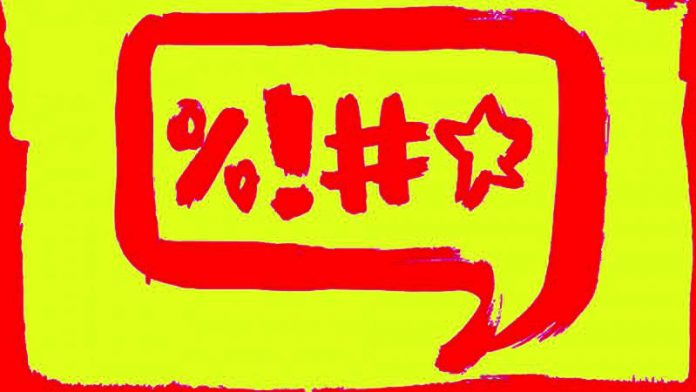
On Sunday, the European Commission prompted tech giants like Facebook, Twitter, YouTube, and Microsoft to do something about hate speech.
The EU executive organ said it would introduce new legislation to force the industry’s hand if they did not answer the call to action.
The EU warnings come at a time when hate speech and unregulated content online are at an all-time high.
Just last month, Facebook faced some harsh criticisms over the fake news on its network and advertisement policies that were potentially discriminatory.
Similarly, Twitter has become an infamous stage for celebrities facing online harassment on the site over their tweets. The YouTube comments section is notorious for hate speech as well, although Google has tried questionable approaches to deal with the situation.
Facebook and Twitter failed the EU’s Code of Conduct report
The European Commission’s crackdown on the tech industry to remove instances of hate speech from their platforms responds to a prior agreement signed voluntarily back in May.
Microsoft, Google’s YouTube, Twitter, and Facebook promised to work hard in putting an end to racism, discrimination, harassment, and attacks that may take place on their sites.
The EU’s code of conduct establishes industry leaders need to check and act accordingly to most of the hate speech complaints they receive within a 24-hour timeframe.
Vera Jorouva, the European Union’s Justice Commissioner, requested a report on the policing performance of the social media giants over the course of the last six months.
The report’s findings show not only the likes of Twitter and Facebook fail to meet the 24-hour deadline, but also that they do not even accomplish the review and respond tasks at hand in 48 hours either.
Why is hate speech so important for the EU?
The European Commission fears racist slur and online bullying can put people in danger. They say the proliferation of hatred on the net can end up in real life threats.
The European Union is particularly concerned about the refugee situation across a large portion of the continental territory and the heated environments the cultural clash have caused.
In spite of this, the report commissioned by Jorouva showed the countries with the most immigrant affluence were also the ones with the highest hate speech ban rates.
France and Germany both showed their efforts surpass the 50 percent mark in the reviewing of racist or discriminatory content, while neighboring states like Italy and Austria performed poorly, just below 10%.
“If Facebook, YouTube, Twitter, and Microsoft want to convince me and the ministers that the non-legislative approach can work, they will have to act quickly and make a strong effort in the coming months,” said Commissioner Jorouva.
Source: Reuters










